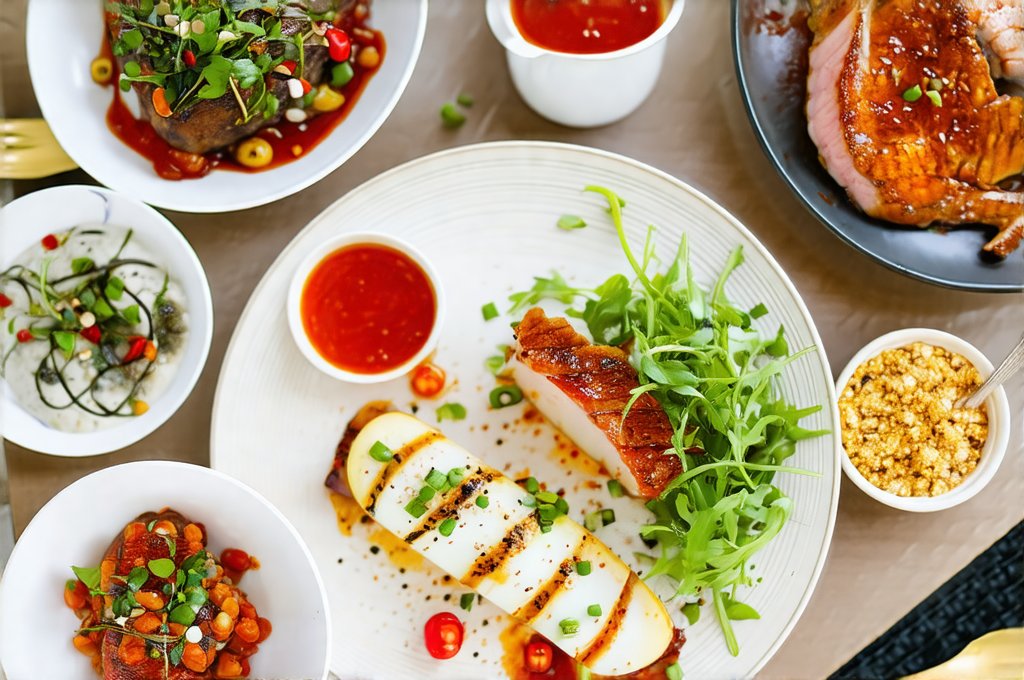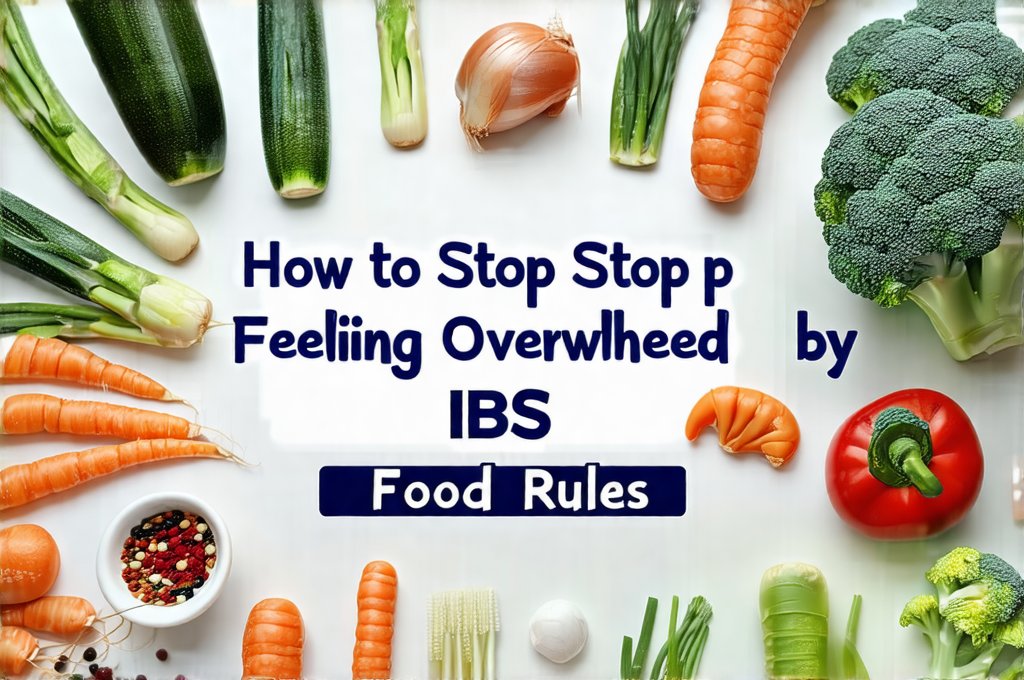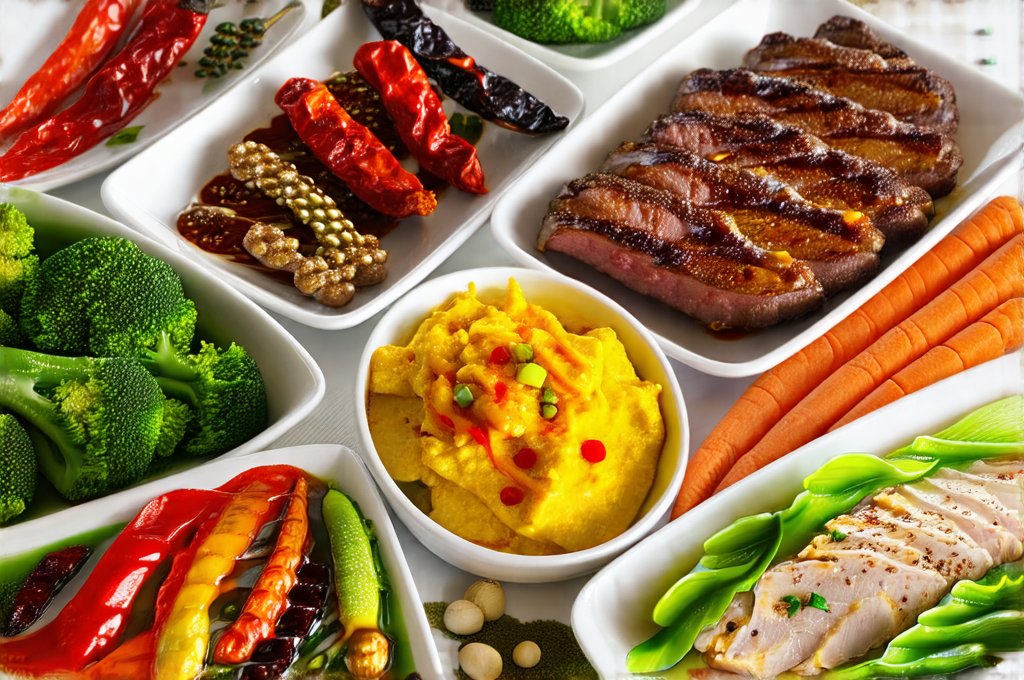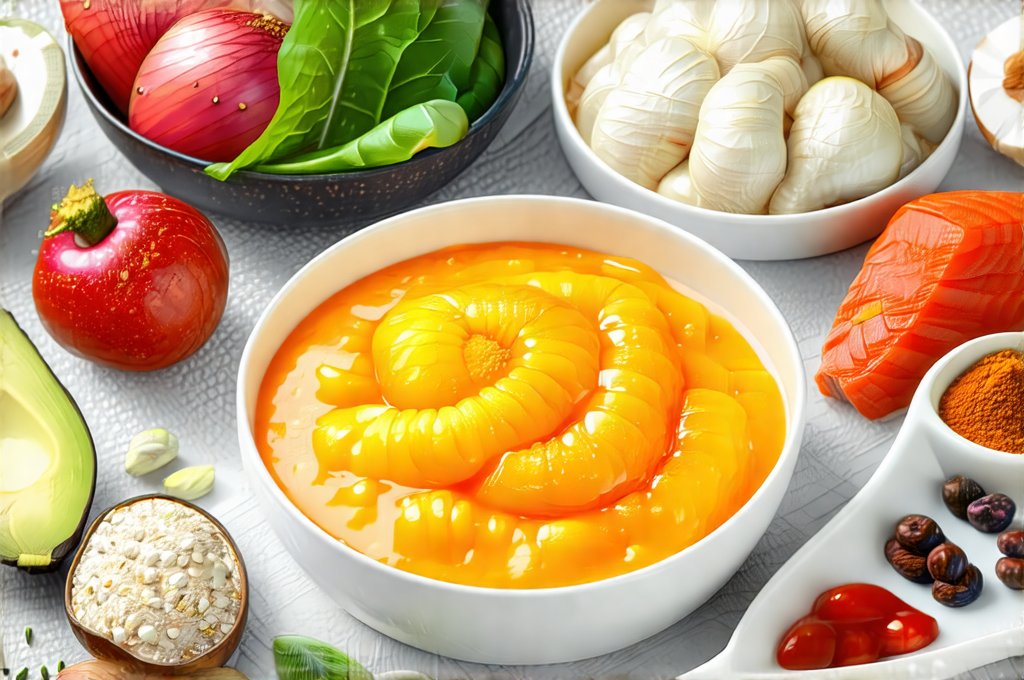Premenstrual Syndrome (PMS) affects many individuals assigned female at birth, manifesting as a constellation of physical and emotional symptoms in the days leading up to menstruation. These symptoms can range from mild discomfort to significantly disruptive experiences, impacting daily life and overall wellbeing. Often, navigating this time involves seeking comfort – not just emotionally, but also through mindful self-care practices, including what we choose to nourish our bodies with. Food isn’t a cure for PMS, of course, but strategically planned meals can play a vital role in mitigating some symptoms and fostering a sense of calm during this fluctuating hormonal period. This is about more than just avoiding trigger foods; it’s about actively choosing ingredients that support the body’s natural processes and provide sustained energy.
The connection between diet and PMS stems from several factors. Hormonal shifts can influence cravings, digestive changes, and neurotransmitter balance—all things food impacts directly. For example, fluctuating serotonin levels are often linked to mood swings and carbohydrate cravings. Similarly, altered estrogen levels can affect water retention and bloating. A weekend provides a unique opportunity to step away from the demands of weekday routines and intentionally curate meals that address these potential challenges. This isn’t about restrictive dieting; it’s about thoughtful nourishment designed to support your body during a sensitive time. It’s about creating a sanctuary around food, one where comfort and wellbeing take center stage.
Nourishing Foundations: The Core Principles of a PMS-Friendly Weekend Menu
The foundation of a calming and comforting weekend menu for PMS lies in understanding the key nutritional needs that often shift during this phase. Prioritizing complex carbohydrates over simple sugars is paramount; quick sugar spikes can exacerbate mood swings, while sustained energy from complex carbs helps stabilize blood sugar levels and promote a sense of calm. Think sweet potatoes, quinoa, oats, or whole-wheat bread. Equally important is ensuring adequate intake of essential fatty acids, particularly omega-3s, found in foods like salmon, flaxseeds, and walnuts. These fats play a role in regulating inflammation and supporting mood balance. Finally, hydration is key – often overlooked but vital for combating bloating and fatigue. Water, herbal teas, and hydrating fruits and vegetables should be staples throughout the weekend. If you’re concerned about your diet affecting blood pressure, consider learning how to use herbs and spices to naturally support your health.
Beyond specific nutrients, the way we approach meal preparation can also contribute to a sense of calm. Mindful eating—slowing down, savoring each bite, and paying attention to your body’s cues—can reduce stress and improve digestion. Preparing meals with intention, perhaps incorporating calming activities like listening to music or practicing deep breathing, further enhances the experience. Avoid overly processed foods, excessive caffeine, alcohol, and salty snacks, as these can often exacerbate PMS symptoms. Instead, focus on whole, unprocessed ingredients that nourish your body from the inside out. Remember, this is about self-care, not deprivation. If you’re unsure how to discuss dietary changes with your doctor, how to talk to your doctor can provide valuable guidance.
A truly supportive menu isn’t just about what you eat; it’s also about how you eat and the environment surrounding mealtimes. Creating a peaceful and relaxing atmosphere – dimming lights, putting away distractions, and perhaps enjoying meals with loved ones – can enhance the overall experience and promote emotional wellbeing. Consider incorporating mindful practices like gratitude journaling before or after each meal to further cultivate a sense of calm and appreciation. This holistic approach acknowledges that food is just one piece of the puzzle, but it’s a powerful piece nonetheless.
Comfort Food Reimagined: Recipes for PMS Weekend
Let’s move beyond theory and into practical application with some recipe ideas designed specifically for a soothing weekend. These aren’t about sacrificing flavor; they’re about reimagining comfort food to prioritize nourishment and wellbeing.
-
Sweet Potato & Black Bean Bowls: Roasted sweet potatoes provide complex carbohydrates, black beans offer protein and fiber, and avocado adds healthy fats. Top with a dollop of Greek yogurt for extra calcium and probiotics. A sprinkle of chili flakes provides gentle spice without being overwhelming.
- Preparation: Roast cubed sweet potato tossed in olive oil and spices (cumin, paprika) at 400°F for 20-25 minutes. Simultaneously simmer black beans with a touch of cumin. Assemble bowls with sweet potatoes, black beans, avocado slices, Greek yogurt, and chili flakes.
- Why it’s helpful: Sweet potatoes stabilize blood sugar; black beans provide sustained energy; avocado offers healthy fats for mood support.
-
Salmon & Quinoa Salad with Lemon-Dill Dressing: Salmon is rich in omega-3 fatty acids, quinoa provides complex carbohydrates, and the lemon-dill dressing adds a refreshing flavor without being heavy.
- Preparation: Bake or grill salmon fillets seasoned with herbs (dill, parsley). Cook quinoa according to package directions. Combine cooked quinoa, flaked salmon, chopped cucumber, cherry tomatoes, and a simple dressing made from lemon juice, olive oil, dill, and a touch of honey.
- Why it’s helpful: Salmon supports mood regulation; quinoa provides sustained energy; the light dressing avoids digestive upset.
-
Oatmeal with Berries & Nuts: A classic comfort food elevated with nutrient-rich toppings. Oatmeal offers complex carbohydrates and fiber, berries are packed with antioxidants, and nuts provide healthy fats and protein.
- Preparation: Prepare oatmeal according to package directions (use water or plant-based milk). Top with a handful of fresh or frozen berries (blueberries, raspberries), a sprinkle of chopped walnuts or almonds, and a drizzle of maple syrup if desired.
- Why it’s helpful: Oatmeal provides sustained energy; berries offer antioxidants to combat inflammation; nuts provide healthy fats for mood support.
Hydration & Soothing Beverages: Beyond Water
While water is the foundation of hydration, incorporating soothing beverages can further enhance comfort and wellbeing during PMS. Herbal teas – chamomile, peppermint, ginger – are excellent choices, offering both hydration and potential symptom relief. Chamomile tea is known for its calming properties, while peppermint tea can aid digestion and reduce bloating. Ginger tea can help alleviate nausea. Avoid caffeinated beverages, as they can exacerbate anxiety and disrupt sleep. Consider infused water—adding slices of cucumber, lemon, or berries to your water bottle—to make hydration more appealing. Proper hydration and blood pressure are both important for overall health.
Beyond teas and infused water, smoothies are a fantastic way to pack in nutrients and stay hydrated. A smoothie made with banana (for potassium), spinach (for magnesium), almond milk (for calcium), and berries (for antioxidants) provides a powerful nutritional boost. Focus on ingredients that support electrolyte balance, as hormonal fluctuations can sometimes lead to imbalances. Coconut water is a natural source of electrolytes, while adding a pinch of sea salt to your smoothie can further replenish lost minerals. Remember to listen to your body’s cues – drink when you’re thirsty and adjust the amount of fluid intake based on your activity level.
Finally, avoid sugary drinks and excessive alcohol consumption, as these can contribute to mood swings and dehydration. Prioritize beverages that nourish and soothe, rather than those that exacerbate symptoms. A warm cup of herbal tea before bed can promote relaxation and improve sleep quality, while a hydrating smoothie in the morning provides sustained energy for the day ahead. This mindful approach to beverage choices contributes significantly to overall wellbeing during PMS.
This menu is designed as a starting point – feel free to adapt it based on your individual preferences and needs. The most important thing is to prioritize nourishment, self-care, and creating a peaceful environment around mealtimes. Remember that food is not the enemy; it’s a powerful tool that can support you through this natural cycle. If you’re looking for more specific dietary guidance, consider reviewing a 7-day menu to inspire your own meal planning.




